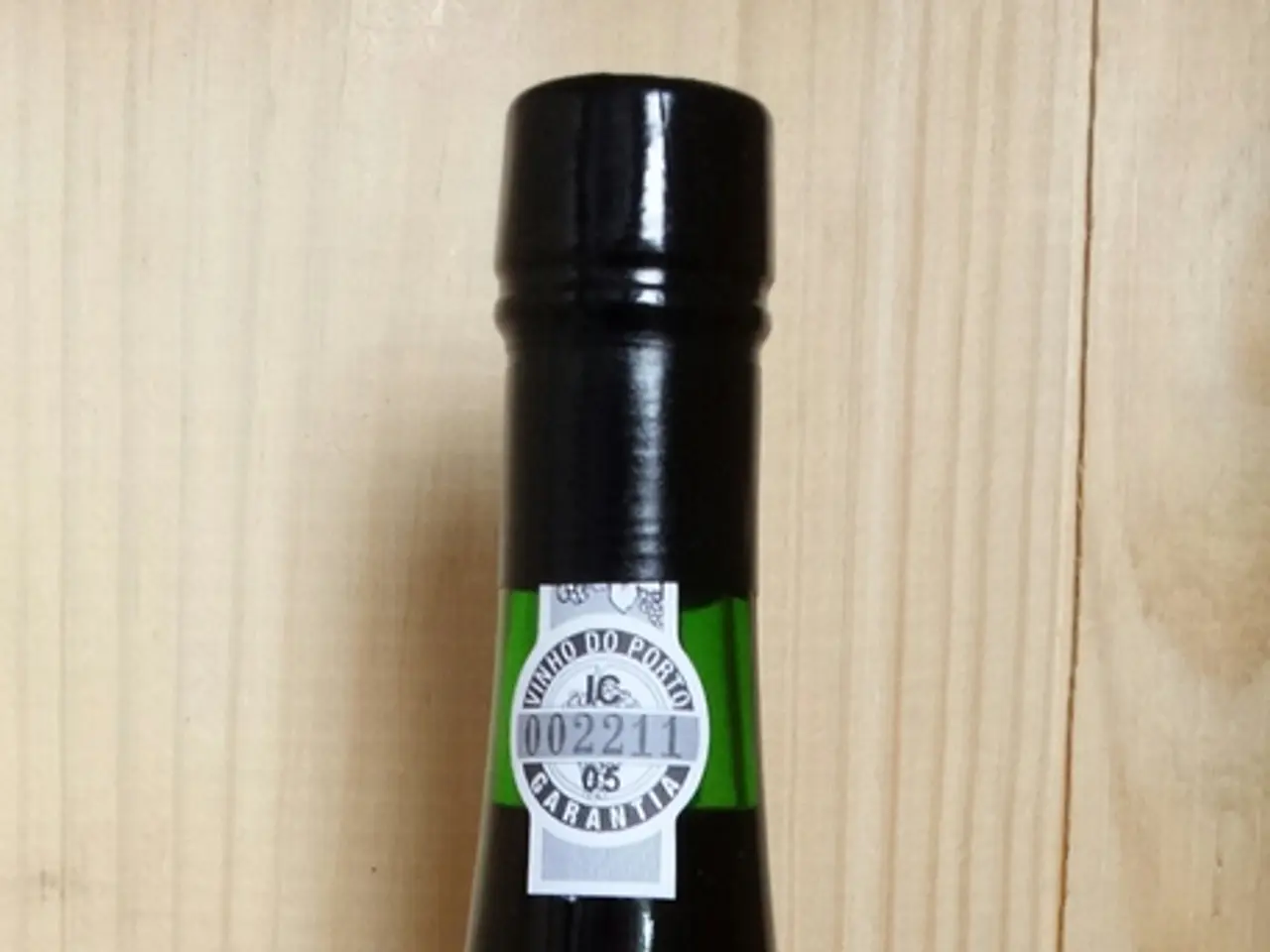Unity Foods Corporation's Latest Business Update
The Lowdown on Unity Foods Limited (PSX: UNITY)
Unity Foods Limited, a publicly-traded entity in Pakistan, has been stirring up some interest. From humble beginnings as a yarn manufacturer, it shifted gears to edible oil production and refining. Its subsidiary, Sunridge Foods (Private) Limited, handles food processing.
Shareholding Breakdown
As of June 30, 2024, Unity Foods had 1,194 million shares outstanding, owned by 6,347 shareholders. Wilmar Pakistan Holdings Pte. Limited and Unity Wilmar Agro (Private) Limited, related parties, held the majority stake at 48.92%. The local general public claimed 25.65%. Directors, CEO, their families, and joint stock companies accounted for 13.34%, while insurance and Takaful companies owned 2.19%.
Financial Performance (2019-24)
Though Unity Foods saw remarkable growth in its topline over the years, its bottomline was less consistent, with profits spotted only in 2019 and 2021. The company's expansion in 2019, refinery acquisition, and new edible oil brands introduced a boom in sales, but inflated costs curbed profit growth. In 2020, the company issued another right issue to manage finance costs and acquired a controlling stake in Sunridge Foods.
2020 marked another year of significant growth for Unity Foods, with topline expanding 111.90%. However, edible oil price drops and inflated operating expenses compressed the GP margin and OP margin. 2021 saw further expansion, with a whopping 122.3% year-on-year topline increase, but challenges from international commodity prices caused margin concerns.
In 2022, expenses spiraled due to increased borrowings, a hefty exchange loss, and inflation affecting operational costs. The bottomline took a hit, necessitating cost-cutting measures in 2023 to reduce expenses and improve profitability. While the bottomline still dropped in 2023, the company managed to improve margins, and costs began to stabilize in 2024.
Recent Performance (9MFY25)
The first nine months of FY25 have shown improvement in Unity Foods' financial performance, with a 44.13% increase in operating profit and an OP margin of 11.98%. This impressive rise in profitability is a testament to improved operational efficiency and pricing power.
Future Outlook
Lowering discount rates, improved operational efficiency, and the potential export of biofuel feedstock could bolster Unity Foods' profitability and margins. The company's focus on strategic acquisitions, like Sunridge Foods, and managing financial borrowings will be crucial for sustained growth.
However, being exposed to international commodity prices and currency fluctuations remains a significant risk. Adapting to these market conditions will be essential for continued success.
- Unity Foods Limited, with its diversified portfolio in the food and drink sector, offers an attractive investment opportunity in the realm of personal-finance and business.
- The financial performance of Unity Foods over the past years displayed remarkable growth in revenues, although profits were inconsistent, with surpluses only in 2019 and 2021.
- The inflated costs from the company's expansion in 2019 and acquisition of a refinery were responsible for the less-than-ideal profit growth in 2019.
- In order to manage finance costs, Unity Foods issued a right issue in 2020 and acquired a controlling stake in Sunridge Foods.
- The increase in borrowings, an exchange loss, and inflation-affected operational costs led to spiraling expenses in 2022, which affected the bottomline and necessitated cost-cutting measures in 2023.
- The improvement in Unity Foods' financial performance during the first nine months of FY25 is largely due to enhanced operational efficiency and stronger pricing power.
- Lower interest rates, improved operational efficiency, and potential exports of biofuel feedstock could contribute to Unity Foods' profitability and margins in the future.
- To ensure sustained growth, Unity Foods should focus on strategic acquisitions and effective management of financial liabilities, while remaining adaptable to international commodity prices and currency fluctuations.




